Regent Steve Sviggum’s resignation last week as the vice chair on the University of Minnesota’s Board of Regents became a focal point in the University’s ongoing conversations around institutional diversity and the role of board members.
Sviggum’s resignation came after multiple groups, including student organizations, staff members, University unions and fellow regents called for his resignation following his comments questioning if the University of Minnesota-Morris is becoming too diverse. While some believe it is a good first step, others remain skeptical of his beliefs on diversity and equity.
Diversity at Morris
Regent Sviggum’s resignation came two weeks after he made comments at the October Board of Regents meeting that drew a wave of attention toward his words and actions.
The comments arose during Interim Chancellor Janet Schrunk Ericksen’s presentation about Morris’s MPact 2025 goal as she discussed the campus’s declining enrollment numbers since the start of the COVID-19 pandemic.
In response to the low enrollment numbers, Sviggum said at the meeting, “Is it possible that at Morris we’ve become too diverse?”
Sviggum said he asked this question based on a letter and a phone call from parents concerned their children will not want to attend Morris due to the increased diversity.
“I understand, at 72 years old, I say things that I would never have thought when I was 52, but it gives you a little freedom to do that,” Sviggum said.
In the following week, these words drew widespread attention, leading students, faculty and staff to denounce the regent’s comments.
According to fall 2022 enrollment reports, Morris’ student body is 54% white and about 32% Native American, while each of the other ethnicities represent 4% or less of the student body.
Before the University was established in Morris, a Native American boarding school established in 1887 stood on the same site. The Morris Industrial School was run by the U.S. government and Sisters of Mercy community of the Catholic Church and separated Native American children from their families in an attempt to eliminate their Indigenous culture and language.
Dylan Young is the president of the Morris Campus Student Association as well as a member of the Circle of Nations Indigenous Association and the Rosebud Sioux Tribe.
“Being a part of this vibrant diverse community is very important and that’s why I find Sviggum’s comments to be so bizarre,” Young said. “I, like many other students at the University of Minnesota-Morris, chose this campus because of the diversity.”
In a letter to Sviggum on Oct.18, Young denounced the regent’s comments and invited him to visit the Morris campus before the board’s December meeting to talk in person. Sviggum is expected to visit Morris sometime in early November.
“I thought that it was important to keep a level head, to be mature, to draw contrasts between our statements,” Young said. “Bad policymaking certainly ruins lives, and I’m worried that there’s going to be a base of people who believe in this narrative that Sviggum was sending out.”
Along with the Morris Campus Student Association, the University of Minnesota-Morris staff and faculty wrote a letter highlighting the campus’ diversity and calling out Sviggum’s actions.
“To our students of color and other marginalized groups: we want you to know that your teachers and supporters at UMN Morris are paying attention,” the letter stated. “Although we know there is still more work needed to advance equity, we care about your wellbeing as well as your irreplaceable contributions to this community.”
Stepping down
In the week leading up to the regent’s resignation from his leadership position, many student groups, staff members and other regents at the University called for his resignation as vice chair and member of the board entirely.
In a letter, the University’s clerical workers union — the American Federation of State, County and Municipal Employees (AFSCME) Local 3800 — requested that Sviggum resign from the board completely.
“There is a deep commitment to real diversity on the Morris campus in making sure that Black, brown and Indigenous students are welcome at the University,” AFSCME Local 3800 President Cherrene Horazuk said. “For a regent to then say that the diversity of a campus is a problem is absolutely unacceptable.”
Sviggum announced his resignation as the Board of Regent’s vice chair on Oct. 25 in a letter addressed to Board Chair Ken Powell. He will continue the rest of his term as a member of the board. His seat will be up for reelection in the spring.
“I owe that position to my colleagues who have shown disapproval in my actions,” Sviggum said in the letter. “I do so humbly and thoughtfully, with knowledge that the success of the University of Minnesota is the most important focus and is much more important than any one person or position.”
Role as a regent
After Sviggum’s resignation as vice chair, many people continue to call for his resignation from the board entirely, questioning his ability to make decisions on behalf of students from marginalized communities.
“It’s terrible for him to say that and stay on the board,” former regent Michael Hsu said. “It is not in line with what the University represents, and he doesn’t agree with the direction the University is going in.”
Prior to his comments at the October meeting, concerns were raised about certain viewpoints Sviggum holds.
University graduate student Ella Eaton met with Sviggum in September to discuss graduate student pay at the University. During their discussion, Sviggum mentioned he does not believe in privilege.
“It started out as a conversation about graduate student pay, but it took a turn when he said, ‘between you and me, I don’t believe in privilege,’” Eaton said in an email to the Minnesota Daily. “I was hoping he might take a minute to consider my points, but it seems that as soon as privilege was brought up, he didn’t want to hear anything I said.”
After their meeting, Eaton followed up with Sviggum via email, expressing her concerns regarding his statement about privilege and Sviggum replied, “sorry for your disappointment over ‘privilege,’ but that disappointment does not change my views and values and beliefs.”
Eaton reached out to the University’s Office for Equity and Diversity with her concerns and they told her they contacted the Office of the Board of Regents as well as offered to talk to Sviggum about how his comments were conveyed.
Moving forward
Although Sviggum resigned from his position as vice chair, he will still finish out the rest of his term, which ends in 2023.
Aside from this resignation, there are no formal plans from the Board regarding Sviggum’s actions.
In a letter released on Oct. 20, Regent Mike Kenyanya responded to Sviggum’s comments, criticizing the board’s “inadequate” response to the situation and calling for more accountability on Sviggum’s part.
Kenyanya said he believes the right next step would be for Sviggum to resign from the board.
“I think that’s the best course of action for the University,” Kenyanya said. “It’s a conversation the full board will have to have and whatever steps we take will just be a start. We’ll have to collectively figure out what’s next.”










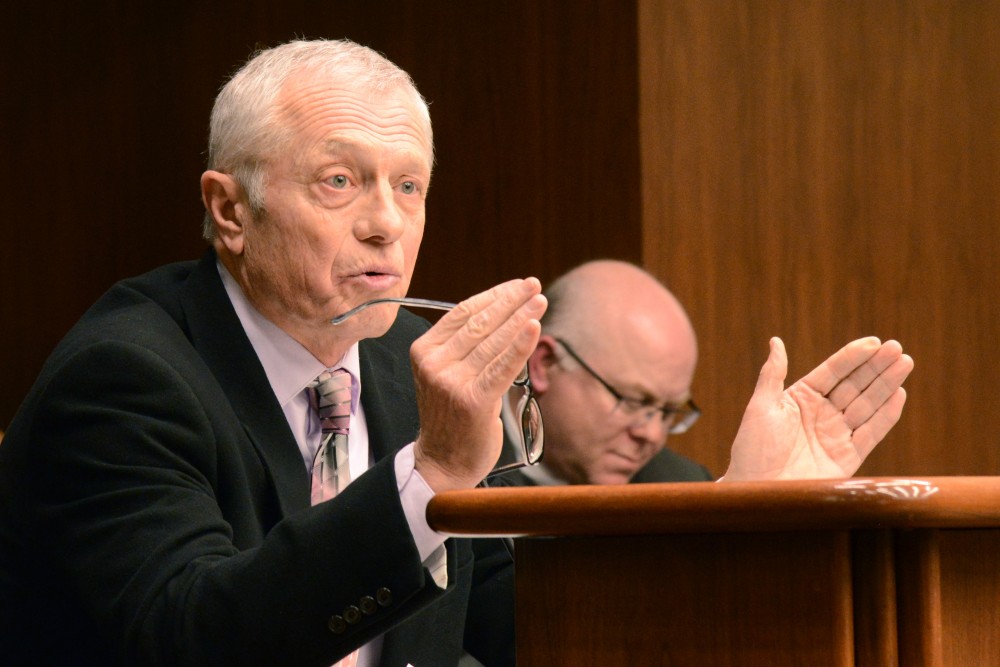
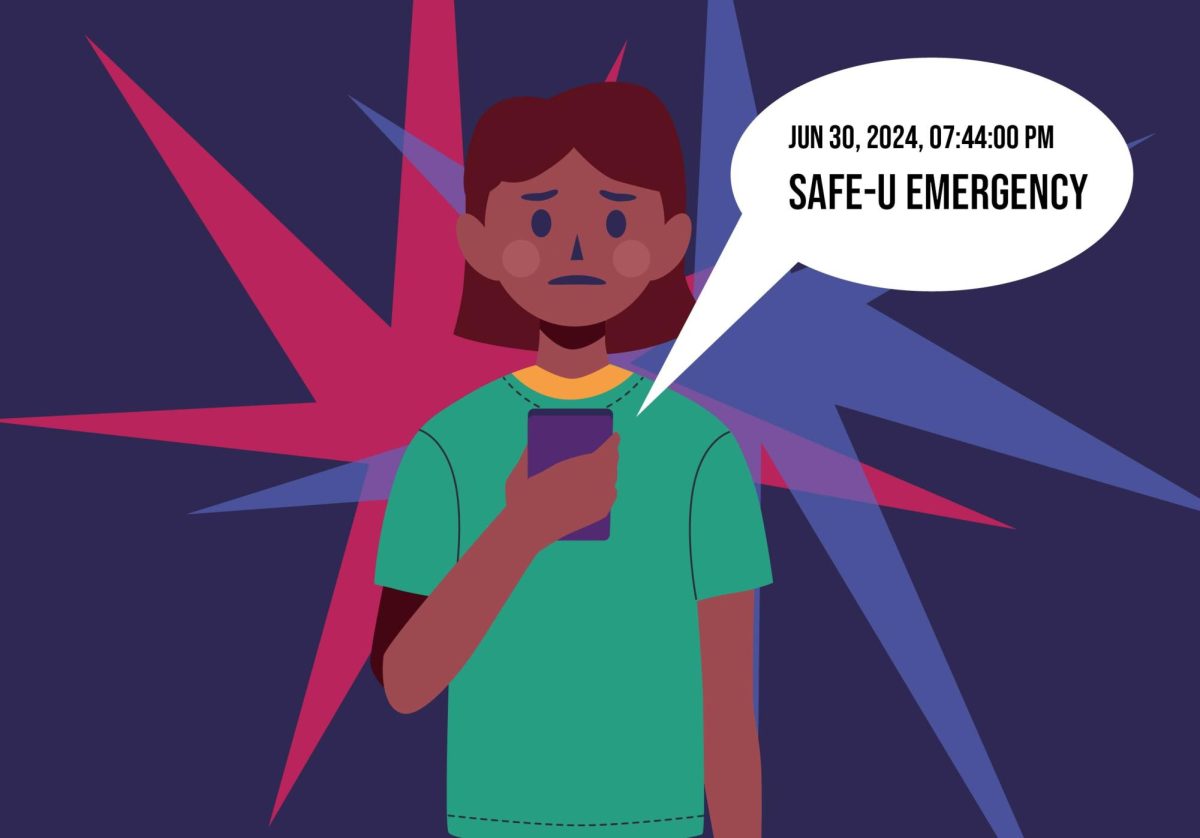









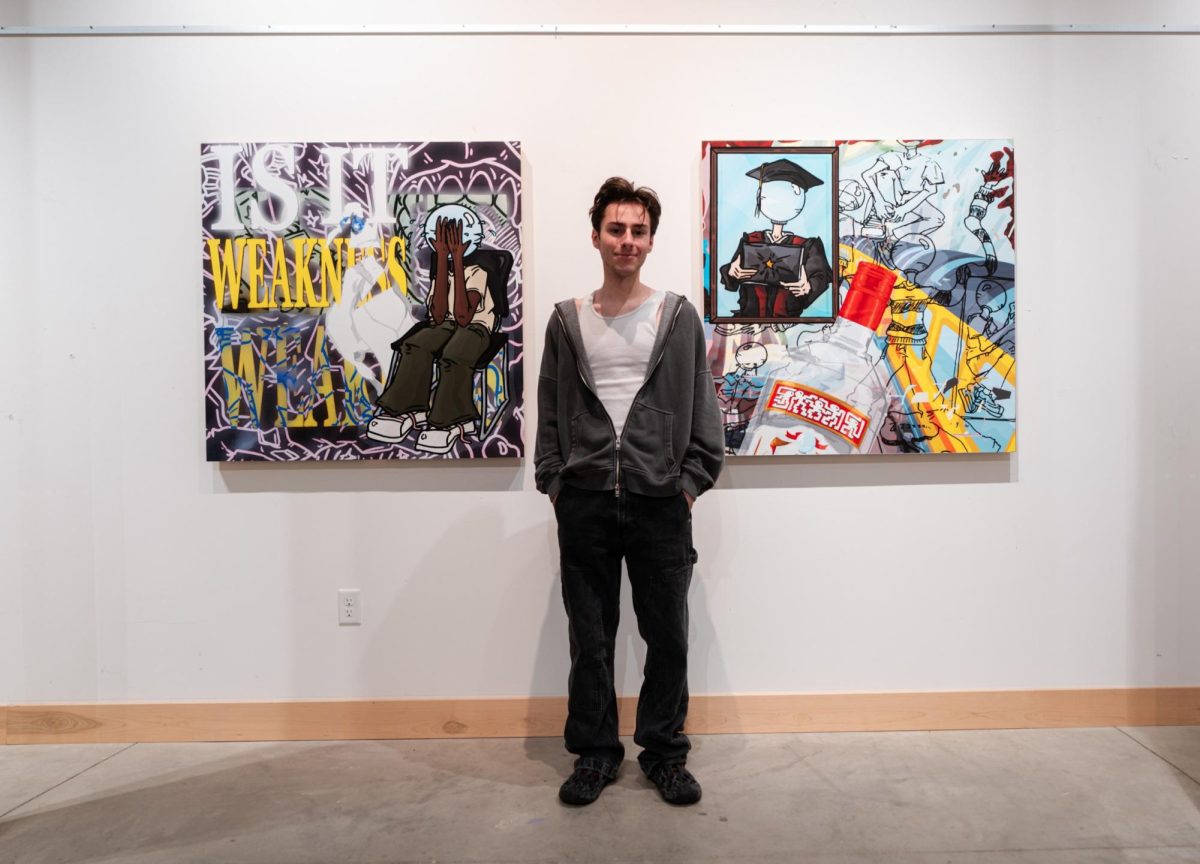

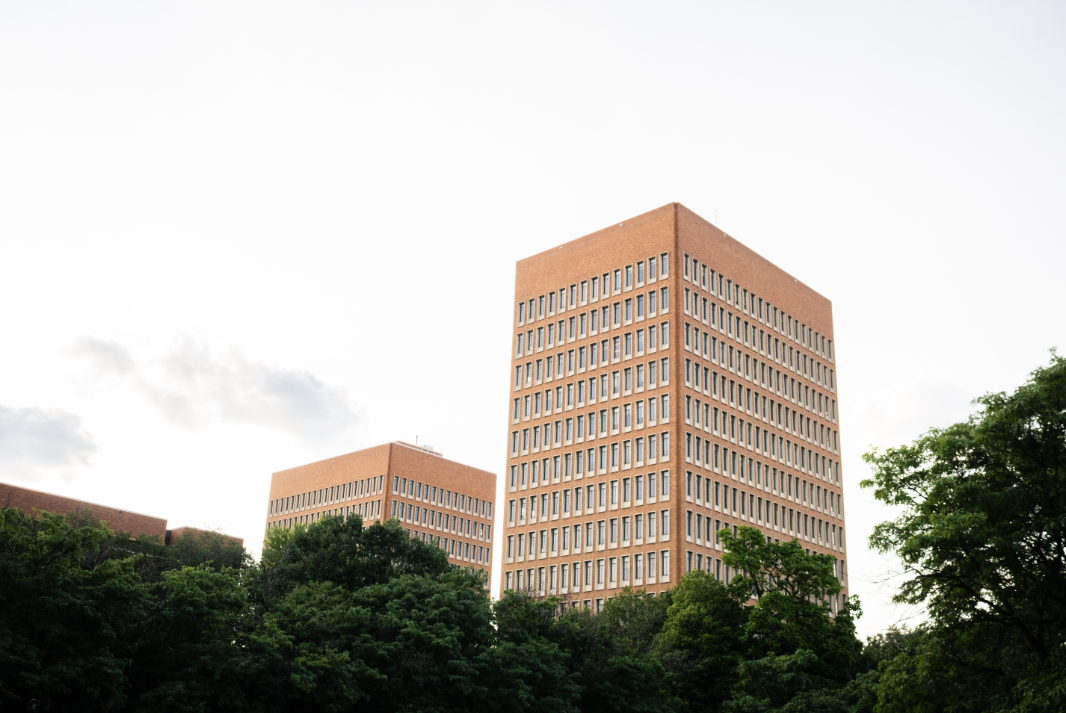
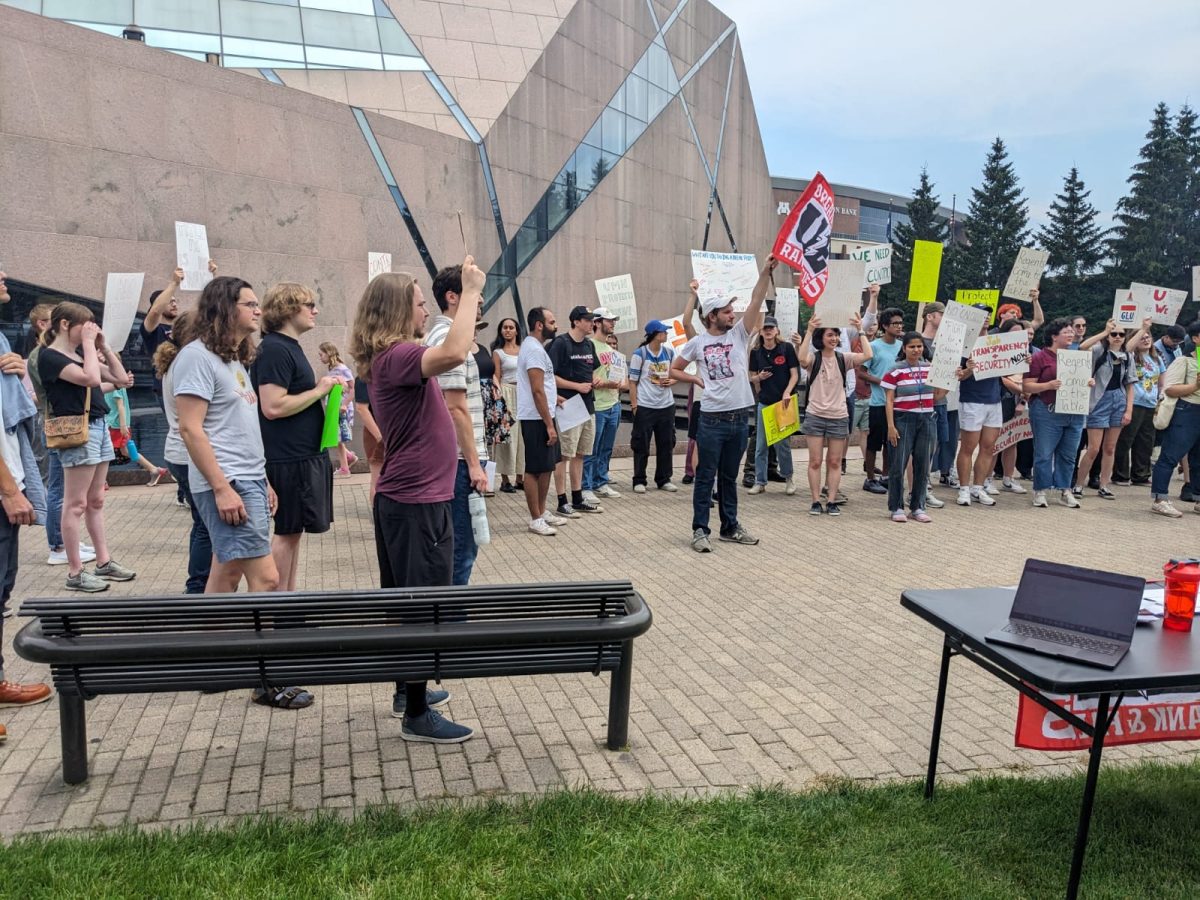



Meat Eater
Nov 4, 2022 at 4:11 pm
1% of Minnesota is “Native” American, so the diversity of Morris is way out of wack, which is what Sviggum was saying/asking.
It used to be a sign of intelligence to ask difficult questions, and be valued, but in today’s cancel culture, our right to free speech is fast going the way of the passenger pigeon. What’s really sad is that Sviggum capitulated, if he wanted to have legitimacy he’d have stood his ground. Now, he’s just another politician trying to save his own rear end.
But we already knew that.
Meat Eater
Nov 4, 2022 at 4:02 pm
ironically, the Morris campus is fast becoming an Indian boarding school, 50 years ago you’d have a hard time finding a “Native” American on campus
CapnRusty
Nov 3, 2022 at 4:33 pm
Your studious and profound observations will place you in a category reserved for very few. Oh, and congratulations on your first ever comment.
Frankapotomus
Nov 3, 2022 at 2:01 pm
SCOTUS’ majority are right wing sycophants that don’t believe racism and diversity are real. They’re not clerics, they’re politicians.The effect of their decision will be that white students benefit in admissions by their being white, but Black students will not benefit for their being Black. Which is obviously wrong, and illegal under the 14th amendment. But the right wing justices aren’t deciding based on the constitution, they’re arguing hypothetical that doesn’t exist and denying the existence of the meaning of words. Their decision carries the weight of law, but it’s not based in any reality or fealty to the constitution. It is personal aggrievement and racism.
CapnRusty
Nov 2, 2022 at 7:54 pm
Acceptance as a student at a state university should be based on merit, not ethnicity, skin color, or “lived experience.” Sviggum stands for that.
JPW
Nov 2, 2022 at 5:26 pm
Might you share what the SCOTUS cases to which you refer have to do, precisely, with the subject of this article? How, precisely, are they relevant to Sviggum’s statements, views, and the question of whether he ought to resign entirely from the Board of Regents?
JPW
Nov 2, 2022 at 8:10 pm
Again, whether that is the case or not, how does it relate to whether or not he should be asked to resign from or be removed from the Board of Regents as a result of the highly inappropriate thing he said at the October meeting? That alleged “stands for” position is not what he said in the meeting.
Mary P
Nov 2, 2022 at 5:49 pm
Sviggum doesn’t believe in privilege because he enjoys entirely too much of it. I applaud the Daily for following this story and for allowing Sviggum to expose his profound ignorance and concerning lack of compassion for our community. I stand with the students on the Morris campus and will attempt to follow their lead in being more mature and diplomatic than any regent. To the journalists at the Daily, your community is looking forward to your informational articles about the 12 original regents of the U of Mn, the fact that they were land thieves and enslavers as well as dependent, entirely dependent, on privilege they did not earn and did not deserve. Who knows, there may come a day when we thank Sviggum for inspiring us all to learn more about what made and makes the U of Mn possible. Crazier things have happened.
CapnRusty
Nov 2, 2022 at 11:31 am
In case you missed it, the US Supreme Court has heard oral arguments in two cases challenging race-based admission policies at the University of North Carolina and Harvard. It looks like the Court will declare those policies unconstitutional. So, MNDaily, “Try to keep up.”
Just because you don’t like the news, doesn’t mean you shouldn’t report it. After all, philosophical diversity is important, too. Unless you know for sure that you’re always right . . .